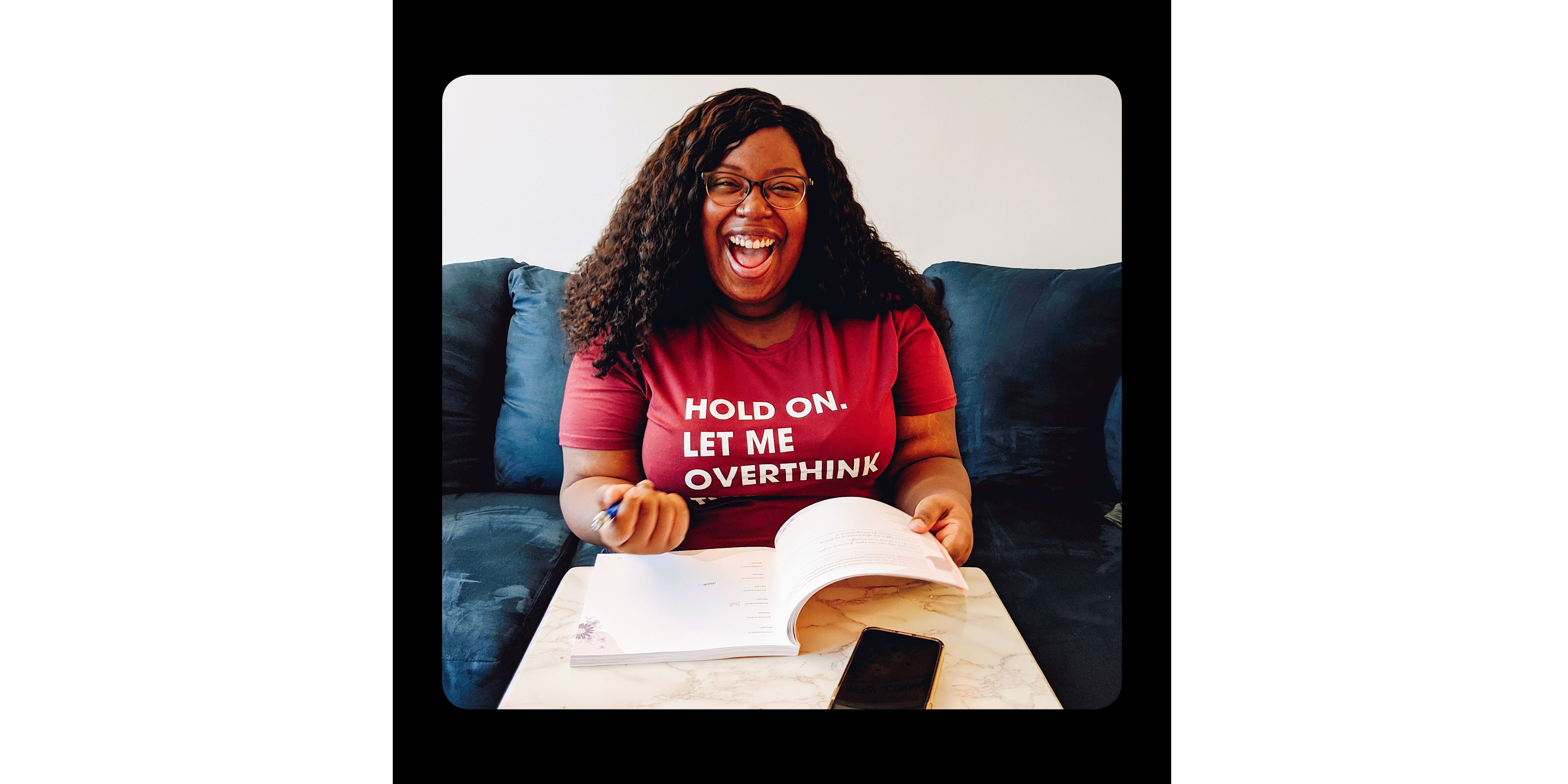\u2018I Have Multiple Sclerosis And Started An Online Community To Support Black Women With MS\u2019
Where do you go when you feel scared, confused, and lonely after a life-altering diagnosis? For many people, the answer is…online. In WH’s 2021 Owning It series, you’ll meet nine self-starters who used social media and digital tools to seek solutions and community they couldn’t find elsewhere. Barriers, broken.
When I woke up one morning in late November 2019, my vision was extremely blurry. I contacted my eye doctor, but the symptoms went away. Then I started to experience some numbness in my toes. By the time I was finally able to meet with a neurologist, the numbness had spread all the way up to underneath my breasts. On December 31, I was diagnosed with multiple sclerosis (MS), an autoimmune disease that impacts the brain and spinal cord.
Between dealing with a new diagnosis that was completely out of left field—up until that big flare, I was completely fine—and the COVID-19 pandemic, this has been the hardest year of my life. It’s hard to work. It’s hard to parent my 3-year-old.
After my diagnosis, I started Googling to learn more about what MS looks like. I took a look into support groups, trying to find a space that I felt comfortable sharing in. I kept seeing the same recurring theme, where the groups were made up of an older, white crowd. I felt like MS was kind of depicted as if it were strictly a white disease. It’s not: A 2013 study in the journal Neurology found that African-American females get MS at a higher rate than previously thought, and research also shows that our MS may be more aggressive.

Last May, I was venting to my partner, Nick, about how I felt like I never saw anyone with MS who looked like me, how I felt like I was out here on an island. He said, “Well, why don’t you create something?” I created @lifewithmoyna on Instagram and, later, my blog at lifewithmoyna.com to add representation to the MS community, because it’s a fantastic community, but it needs to be a little more inclusive. I try to depict the MS community outside of just one race or one face.
Now I get comments and DMs from Black women who feel comforted when they see another Black woman with MS acknowledging that. And once I connect with women, I’ll often really engage in conversations with them about our experiences, and then check in with them every once in a while.
I hate having MS, but I’m very grateful for every person I interact with and that we get to share our experiences and converse about what we’re dealing with.

This article appears in the March 2021 issue of Women’s Health. Become a WH Stronger member for a print subscription and more great perks now.
Source: Read Full Article


